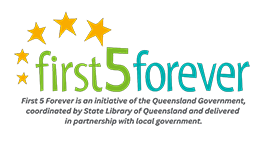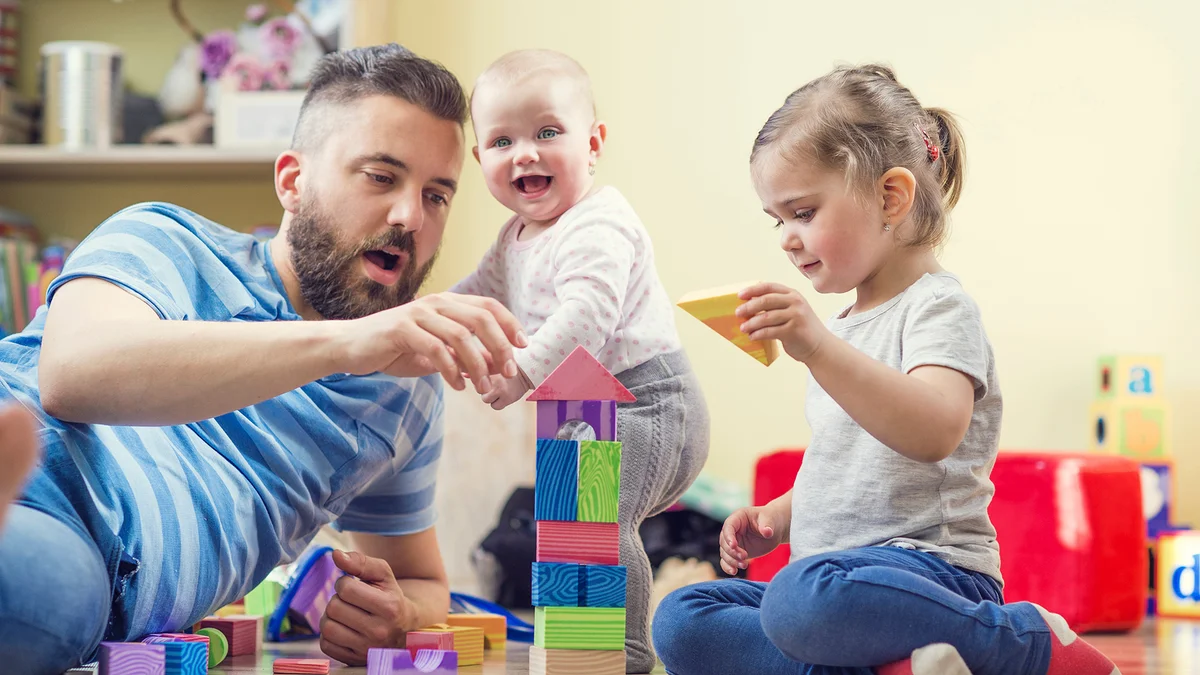Brain development
You are your child’s favourite person to learn from and learn with
Brain development in children
Children are born ready to learn. From the moment of conception, brain development begins. Basic brain connections are laid down before birth: these control motor functions. When a baby is born they have over one hundred million brain cells that are not yet connected. The brain undergoes a period of rapid connections from birth until approximately the age of 3.
- Babies learn using all of their senses – every time they see, touch, smell, taste or hear something babies are learning and brain cells are connecting.
- Sensory learning is intertwined.
- Babies actively make sense of information they take in through their senses.
- From birth babies need stimulation through touch, sound, smell, sight and taste to thrive.
- Home environments rich in talking, singing, reading and playing is important to healthy brain development.
- The more we use our brains the more connections are made between the brain cells.
- Repetition is one of the keys to learning by establishing and maintaining brain connections – this is why young children do the same things over and over again!
Children learn best from you
Healthy brains develop best from healthy relationships. Through "serve and return" interactions with adults such as babbling, facial expressions and body language children learn how to take turns when communicating. You are your child’s favourite person to learn from and learn with. They feel comforted, safe and supported to explore and engage with the world when they are with you.
- Every conversation and interaction you have with your child is contributing to their early development.
- Early literacy skills are developed during every day conversations.
- Sharing books, even with very young babies is developing their vocabulary.
- When you extend a conversation by asking your child questions and responding to their answers(even if they are non-verbal responses) increases your child’s understanding of how to communicate.
- Singing with your child helps to slow words down so that they can hear all the smaller sounds that make up words.
- Naming and talking about things that you see and are doing helps your child to connect to and understand the world around them.
- Young children learn how to respond to others by watching and then copying you.
Learning and development is cumulative. All the things that happen in the earliest years lay the foundation for everything that happens later in life. Enjoy talking, singing, reading and playing with your little ones everyday as all of this helps their brains grow and develop.
References
Gunnar, M (2014) The Core Story of Human Development 2.0, Centre for Early Education and Development, University of Minnesota, Minnesota
Winter, P (2010) Engaging Families in the Early Childhood Development Story, Early Childhood Services, Department of Education and Children’s Services, South Australia
Greenberg, J & Weitzman, E (2014) I’m Ready! How To Prepare Your Child For Reading Success, Hanen Centre Publication, Toronto

